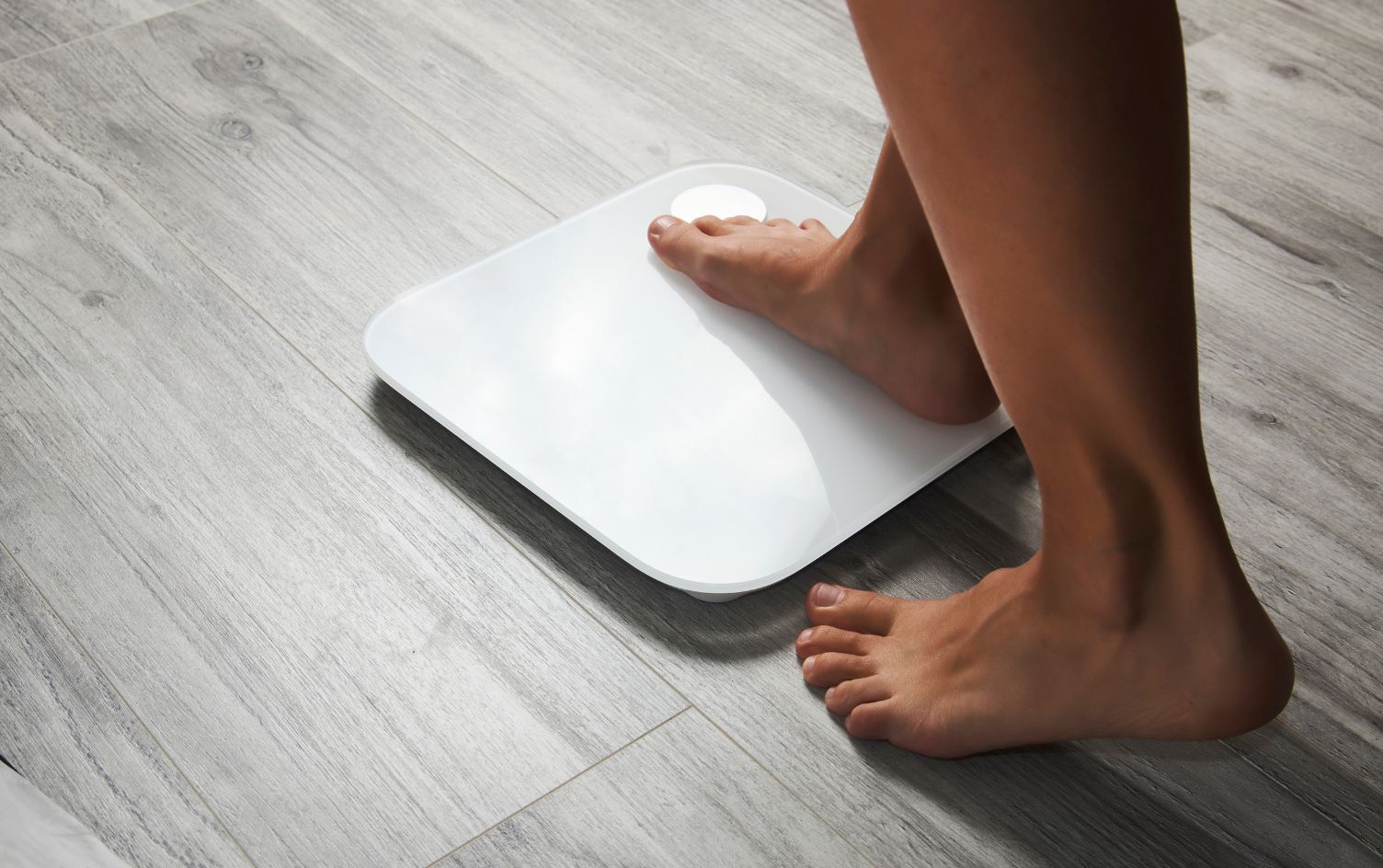The next time you’re on a playground, take a look around and see if any kids are jotting down data in their fitness logs about monkey bar distances or pullup attempts — or checking their trackers for optimal heart rate after sprinting over to their friends.
Seems ridiculous, right? That’s because kids don’t care about results and goal setting, they just like to move in whatever way feels good to them. But at some point, we begin to lose that natural love of movement and what was once innate becomes planned.
While goals are crucial for progress and fitness plans and trackers provide much-needed structure — especially in the midst of busy schedules — re-discovering our playful sides can help boost our efforts, many experts believe. Grown-up play now goes by several terms like natural movement, primal play, movnat and nutritional movement but they all have the same basis: ditching the focus on results and enjoying the freedom of child-like energy instead.
Whether it involves jumping rope, climbing trees, dancing, doing bear crawls, sprinting down a hiking trail or hanging from playground equipment, putting more play into your routine could have major benefits, especially if your fitness routine has grown stale.
Here are three reasons to channel your inner-child and enjoy recess again:
Any kind of exercise is beneficial for the brain, notes Dr. John Ratey, a clinical associate professor at Harvard Medical School and author of “A User’s Guide to the Brain.” Activity provides the environment that brain cells need to flourish.
But, he emphasizes, running free on an outdoor trail is very different to the brain than slogging miles on a treadmill. You face unexpected obstacles, move in different ways, maybe even face some mild risks to keep from tripping. And, unless you’re the kind of person who adores time on the treadmill, it’s likely you’re having much more fun being out in the elements instead. All of this enriches your brain’s circuits and keeps them firing, according to Dr. Ratey.
“Do whatever you enjoy doing to work up a sweat,” he says. “Exercise is the single most powerful tool you have to optimize your brain function. Research consistently shows the more fit you are, the more resilient your brain becomes and the better it functions both cognitively and psychologically.”
Adding playful activity to your routine can make you more fit, because you’re more likely to stick to it, adds personal trainer and kinesiologist Angel Stone.
“Most of us have lost our spontaneity,” she says. “Adding play to a workout routine can help to increase long-term commitment while falling in love with fitness.”
For those stuck in an exercise rut, play can be especially useful, Stone notes. That’s because it gives you a fresh perspective on movement, and you begin to crave the novelty of that new activity.
In addition, she says, this sort of playfulness can seep over into other areas of your life, building your confidence and increasing your focus and creativity.
Let’s say you’re a “one kind of workout” person. Maybe that means you’re training for a marathon, so you run nearly every day, or you’re a powerlifter gearing up for competition, so it’s all about squats, benches and deadlifts during every gym session.
While it’s valuable to build the muscles you need for specific sports or activities, you also run the risk of injury when you don’t cross-train to prevent overuse issues. But some athletes find that adding in other workout types can feel stressful — after all, you’re already training, so now you’re expected to increase activity even more?
Play can help, says Stone, because it promotes new muscle recruitment that can be vital for injury prevention, but it also feels fun so you decrease overall stress levels.
Along with all the benefits of putting more natural movement into your routine, another advantage is that you don’t need to set aside time for these activities. In other words, you don’t have to schedule a playdate with yourself.
“It doesn’t need to be anything too structured,” says Caleb Backe, personal trainer and wellness expert for Maple Holistics. “The whole point of play is to experience the freedom and wonder that go along with it. Spontaneous play helps us to discover ourselves and the world around us in ways that are different than when following a structured plan.”
That might mean sneaking in a sprint in a long, vacant work hallway or bounding up your front stairs. Maybe you drop down and do a crab walk or a bear crawl from one room to another or veer off a hiking trail to climb some fallen trees near the path. Or you just dance like a fool in your living room. Although it might feel silly as you’re doing these things, the effects can resonate, Backe says.
“Adding a kind of freestyle element to your routine could pose a challenge, but it can also be a lot of fun,” he notes. “Incorporating play and natural movement into your routine can help your mind and body find even greater joy in your workout.”




